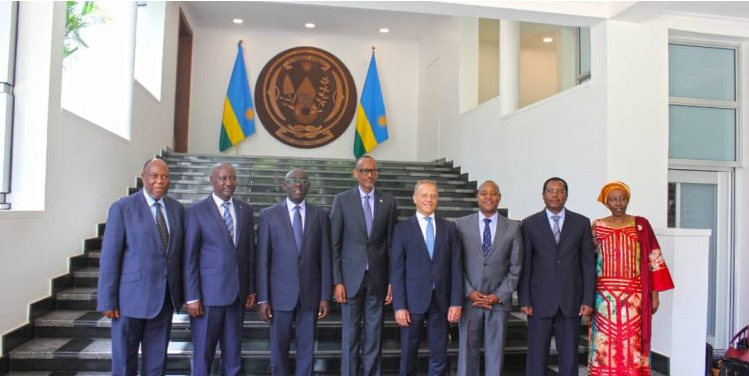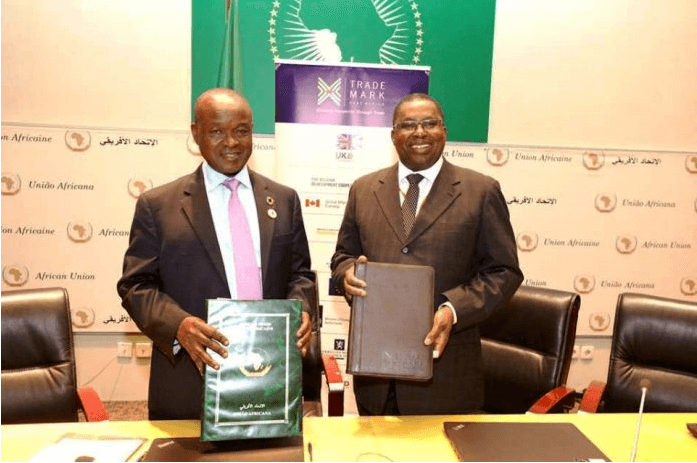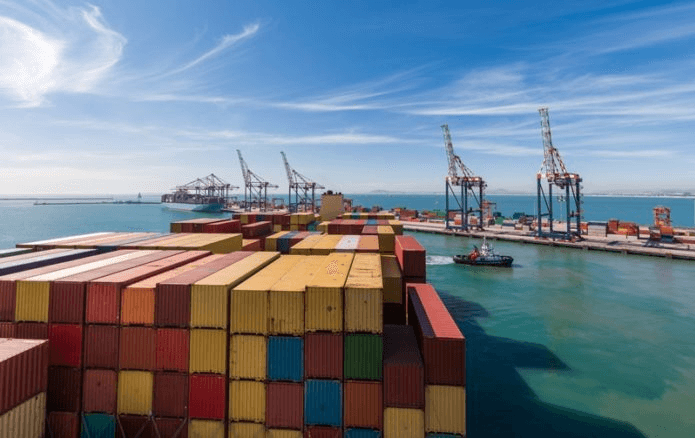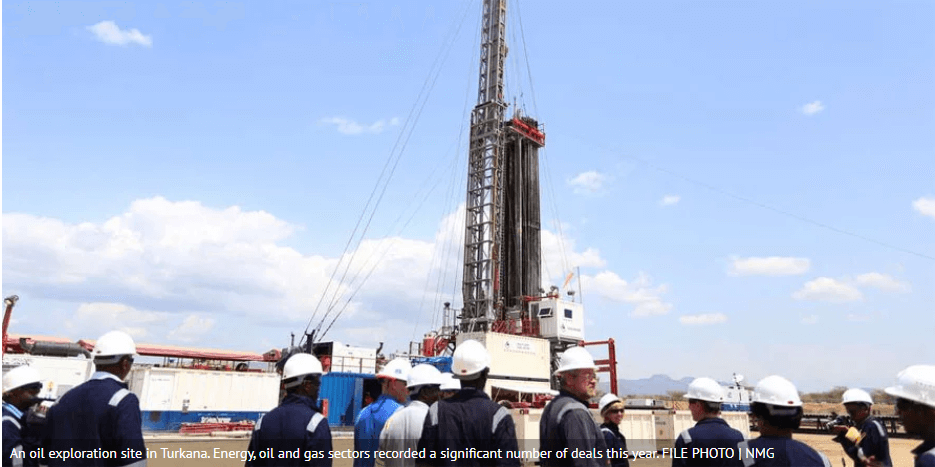The African Continental Free Trade Area is a continental agreement which came into force in May 2019. It covers trade in goods and services, investment, intellectual property rights and competition policy. Of the 55 African Union member states, only Eritrea has yet to sign it. The immediate objective of the free trade area is principally to boost trade within Africa by eliminating up to 90% of the tariffs on goods and reducing non-tariff barriers to trade. In 2017, the exports and imports between African countries represented only 16.6% of Africa’s total exports. This figure is low compared with exports within other regions: 68.1% in Europe, 59.4% in Asia, and 55.0% in America. Proponents of the free trade area say that increasing intra-Africa trade will provide larger markets for African producers and encourage manufacturing. It will also help achieve a better connection between production and consumption. The United Nations Conference on Trade and Development argues that the phase of transition to the free trade area alone could boost intra-African trade by 33% and increase manufacturing in Africa. This line of argument is that free trade leads to industrialisation and structural change. But in my view it works the other way round: industrialisation leads to free trade. Industrialisation should come first Low intra-Africa trade is indeed an indication that African countries do not consume what they produce. But this is a problem of production (product focus), not trade. The export products of most African countries, which follow the colonial pattern, influence the...
Africa should focus on industrialisation. Free trade will follow
Posted on: December 2, 2019
Posted on: December 2, 2019





















